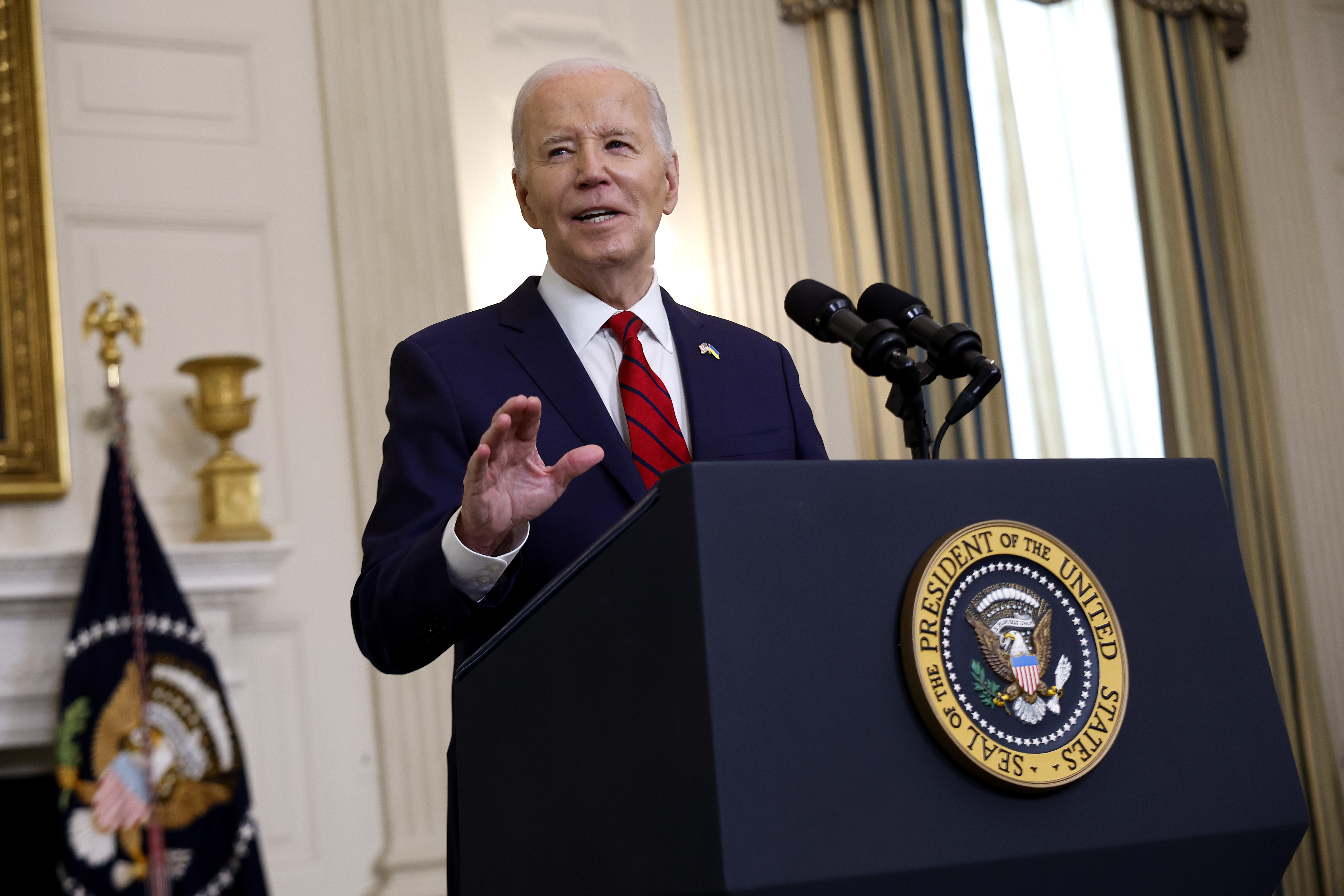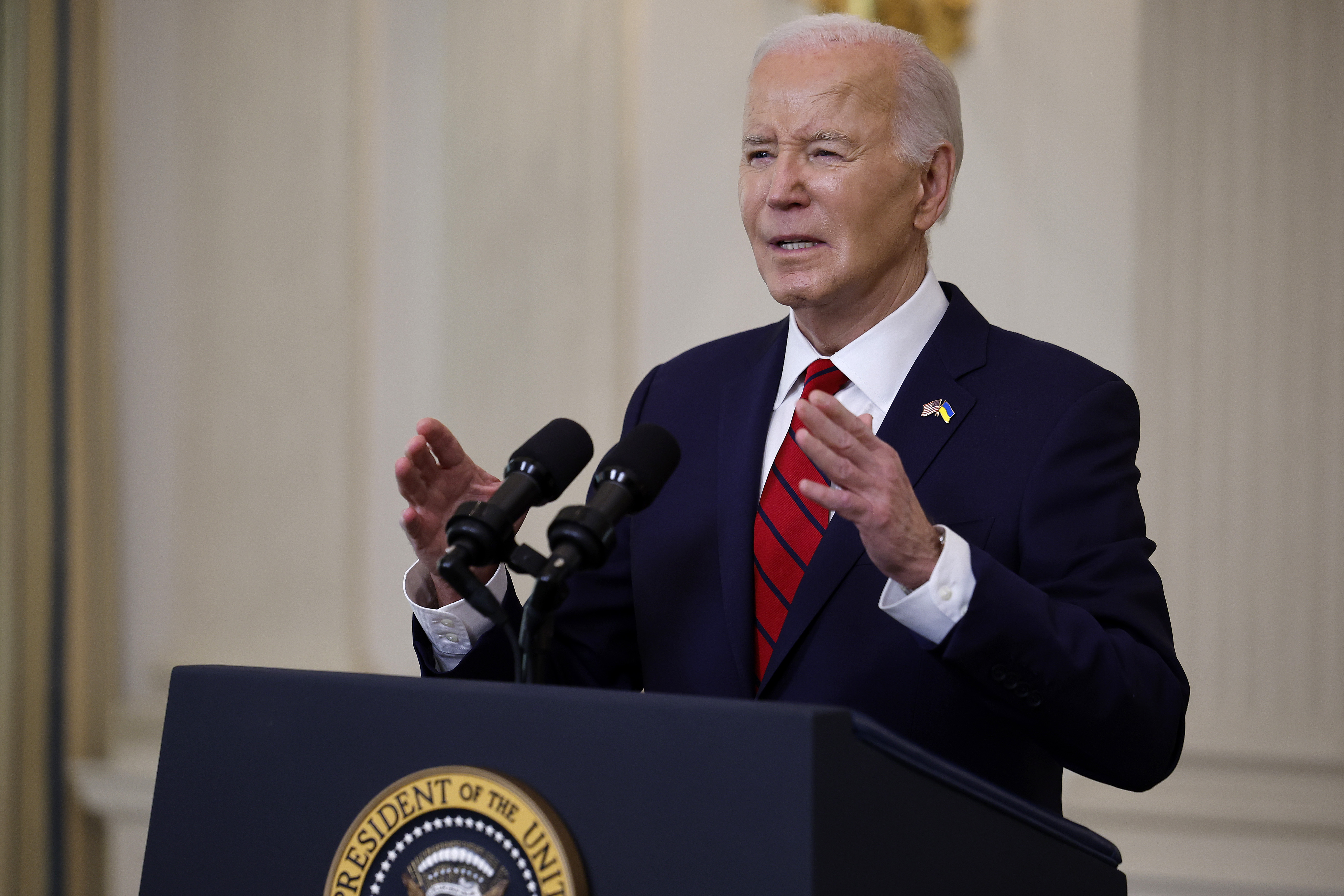Like a student in a classroom, Joel Allison took notes at a feverish pitch - his pen trying desperately to keep up with what his ears had just heard.
But it wasn't a grade Allison was trying to earn Thursday morning as he listened to news reports of the Supreme Court's ruling concerning the constitutionality of the Affordable Care Act.
Joel Allison is the President and CEO of the Baylor Health Care System in Dallas. And what he has to earn is the trust of his hospital's patients and its doctors.
Allison told NBC 5 that Baylor has been preparing for the new mandates since the law was passed in 2010, and had actually been planning to expand its healthcare outreach prior to passage of the health care act.
His concern at this point is that Texas, a state in which 1 in 4 people do not have health insurance coverage, is not ready for the increased demand in care.
"As we see more people have access to insurance and get covered, do they have access to healthcare?" Allison asked rhetorically.
As of 2009, Texas has the highest uninsured rate in the country at 26.1 percent, or roughly 6 million people.
Politics
Politics from around the world.
To put it in other terms, Texas has more uninsured people than 30 of the other 49 states have in population.
Allison said that the major challenge in the healthcare industry between now and 2014, when the individual mandate that requires people to have health insurance becomes effective, will be ensuring that the new customers they will have can actually benefit from this plan.
"We do not have enough primary care physicians in Texas, in our area," Allison said. "And so when you have this many more millions of people that have insurance, through Medicaid and expansion, will they have access? Because we have people who have insurance, but they can't get a physician."
To accommodate the increased demand for care, Allison said the Baylor system will try to implement a plan that encourages visits to doctors for routine checkups and identifying chronic conditions earlier on in life to prevent major problems later. That will not only cut down on overall costs, Allison said, but also be more efficient.



